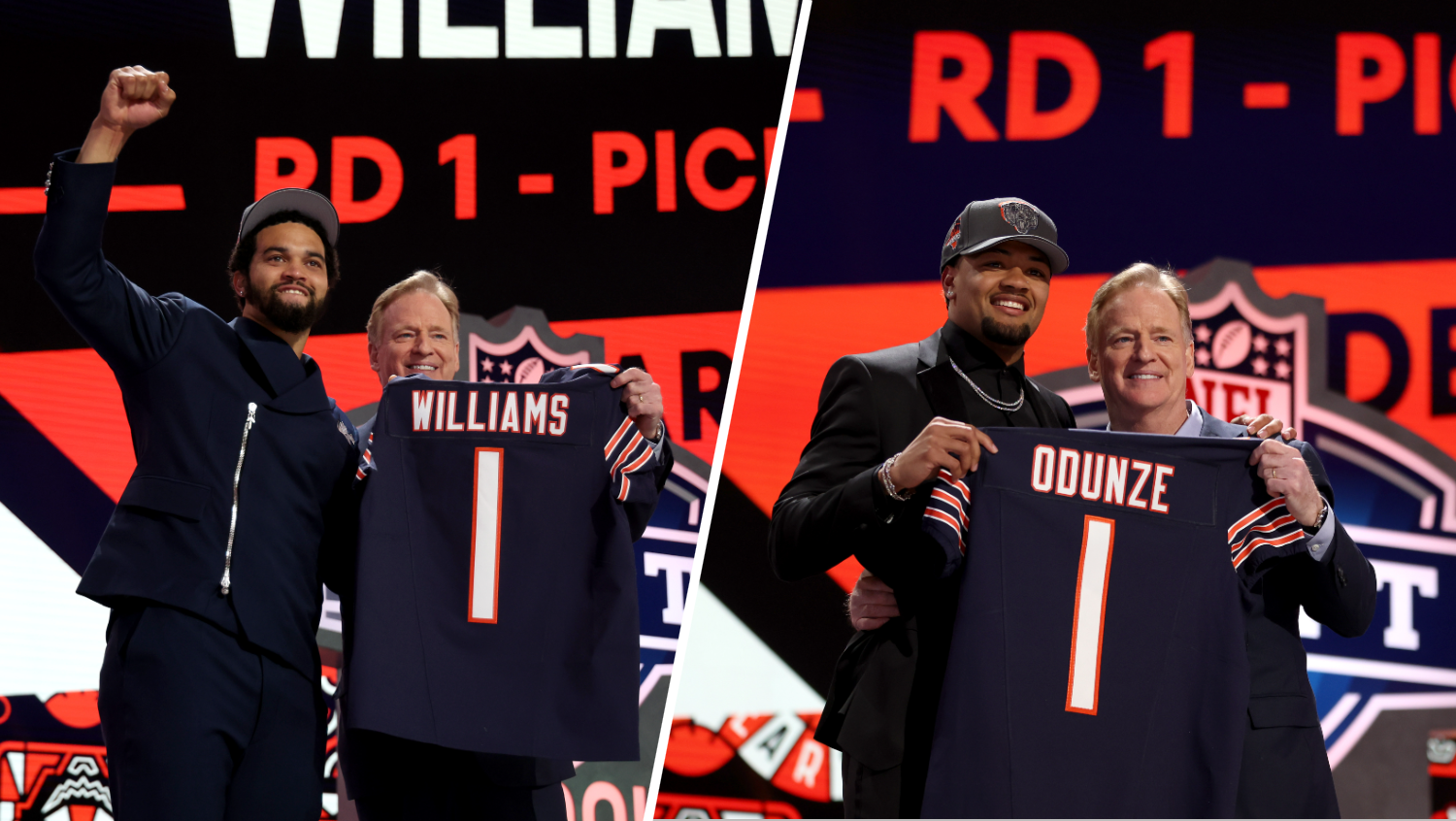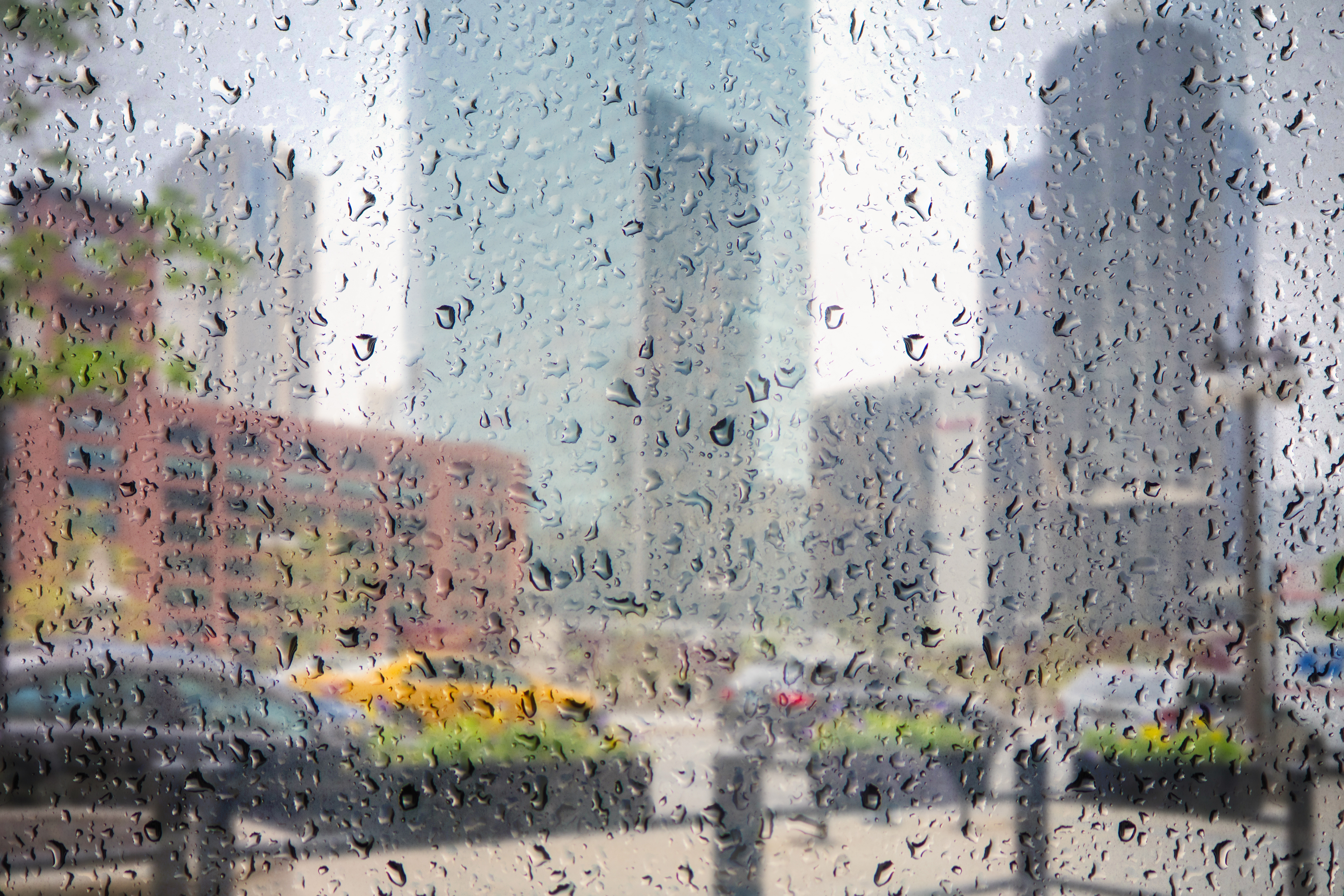A group of pediatricians based in Illinois criticized the rollout of coronavirus vaccine distribution in the United States, calling it "deeply fragmented and uncoordinated."
Lee Savio Beers, president of the American Academy of Pediatrics, said in a statement that the group, which consists of thousands of pediatricians and pediatric specialists, is watching with "great alarm and dismay" as the distribution process unfolds.
"A month ago, it was with great hope and anticipation that we applauded the approval of the first COVID-19 vaccines. Unfortunately, it is now with great alarm and dismay that we observe how deeply fragmented and uncoordinated vaccine distribution has been," the statement read. "Communication regarding COVID-19 vaccines to clinicians, families and communities has also been limited. We must change course immediately."
The group noted that many of their members have "no clear path to receiving the vaccine," particularly if they do not work for a large medical center or hospital system. Others expressed frustration over the lack of guidance for themselves and their patients.
“Pediatricians, perhaps more than any other medical specialty, understand how to distribute vaccines. We do this every day, in every community, in many different types of health care settings," the statement read. "The American Academy of Pediatrics, and our 67,000 members, stands ready and willing to advise and assist in the distribution of COVID-19 vaccines. Immunizations are not simple, but we know the protocols and processes that work best. Without clear and immediate action, the situation will only get worse."
The group warned that as states move into the next phases of vaccine distribution, expanding the groups of people eligible for vaccination, "the scale will become dramatically vaster."
"Stretched state and county health departments need resources to organize immunization systems at a mass scale," the statement read.
Local
The Trump administration is asking states to speed delivery of COVID-19 vaccines to people 65 and older and to others at high risk by no longer holding back the second dose of the two-dose shots, officials said Tuesday.
Health and Human Services Secretary Alex Azar said that “the administration in the states has been too narrowly focused.”
As a result, he said, the Trump Administration is now asking states to vaccinate people age 65 and over and those under 65 with underlying health conditions that put them at high risk.
So far, the vaccine rollout has been primarily to health care workers and nursing home residents, and the slow pace has frustrated many Americans at a time when the coronavirus death toll has continued to rise. More than 376,000 people have died, according to the Johns Hopkins database.
President-elect Joe Biden is expected to give a speech Thursday outlining his plan to speed vaccines to more people in the first part of his administration. His transition team has vowed to release as many vaccine doses as possible, rather than continuing the Trump administration policy of holding back millions of doses to ensure there would be enough supply to allow those getting the first shot to get a second one.
The Pfizer-BioNTech vaccine requires a second shot about three weeks after the first vaccination. Another vaccine, this one produced by Moderna, requires a second shot about four weeks afterward. One-shot vaccines are still undergoing testing.
More than 3 million Illinois residents are expected to be eligible to receive the coronavirus vaccine in the next phase of the state's rollout.
Gov. J.B. Pritzker said he plans to announce sometime this week when the state will enter Phase 1B, though some areas may already be allowed to do so.
"I expect to make a formal announcement later this week on when Illinois
will move into Phase 1B on a statewide basis," Pritzker said during his coronavirus update Monday. "Of course, anyone in Phase 1A who has chosen not to get vaccinated yet will always be able to opt in during any subsequent round – this is about leaving no vaccine sitting on the shelves as we move forward."
Phase 1B will center on residents age 65 years and older and "frontline essential workers," including first responders, education workers like teachers and support staff, childcare workers, grocery store employees, postal service workers, and more.
Chicago health officials said they expect Phase 1B will begin in the city in February or March.
"A lot depends on how quickly vaccine comes to us," Chicago Department of Public Health Commissioner Dr. Allison Arwady said. "We get about 32,000 doses of first doses of vaccine a week right now. You think about how many people there are over 65 - 370,000 - how many essential workers - hundreds of thousands, 150,000, just in education - there is going to have to be some patience here. But I would expect that we will likely be beginning, you know, in the sort of February to March timeframe, and then we'll continue to vaccinate through, you know, over these next few months."



